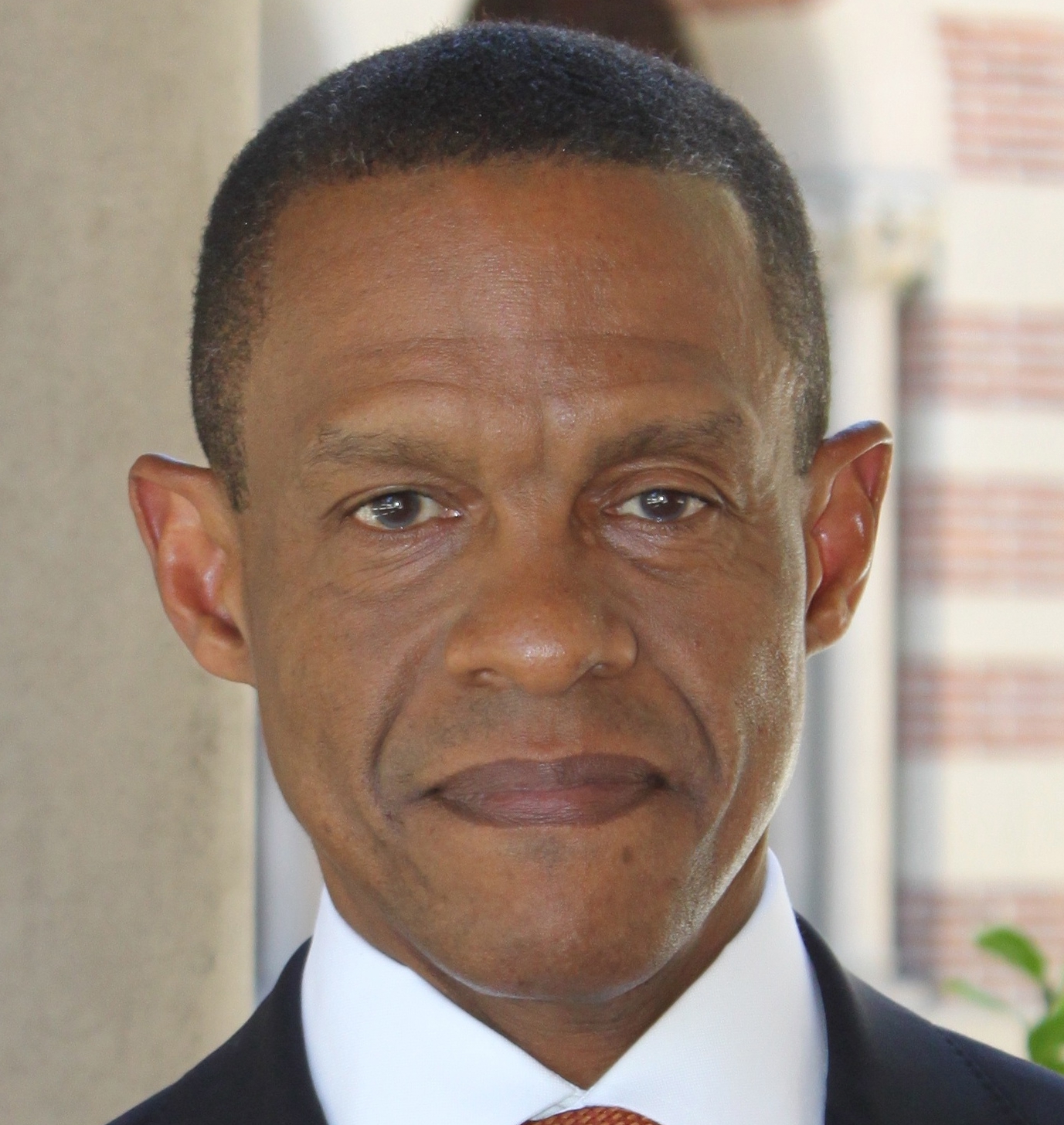Water in West Virginia – An Ounce of Prevention…
Last Thursday, a chemical storage tank leaked about 7,500 gallons of 4-methylcyclohexane methanol into the Elk River, just one mile upstream from the West Virginia American Water plant. Thankfully, the water plant owner was forward thinking enough to invest in preparedness before an immediate need arose. This undoubtedly helped the plant respond to the chemical leak. Something tells me there’s a lesson there.







